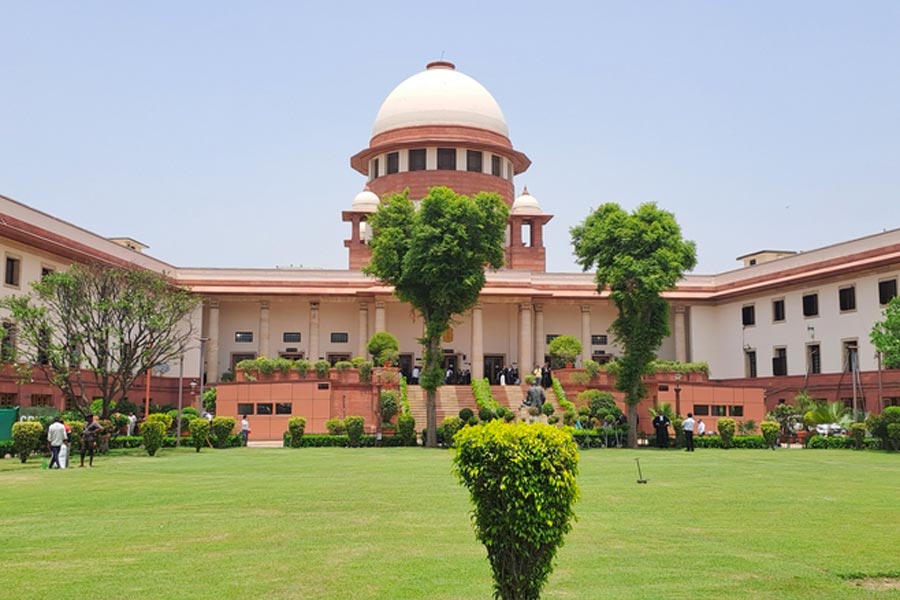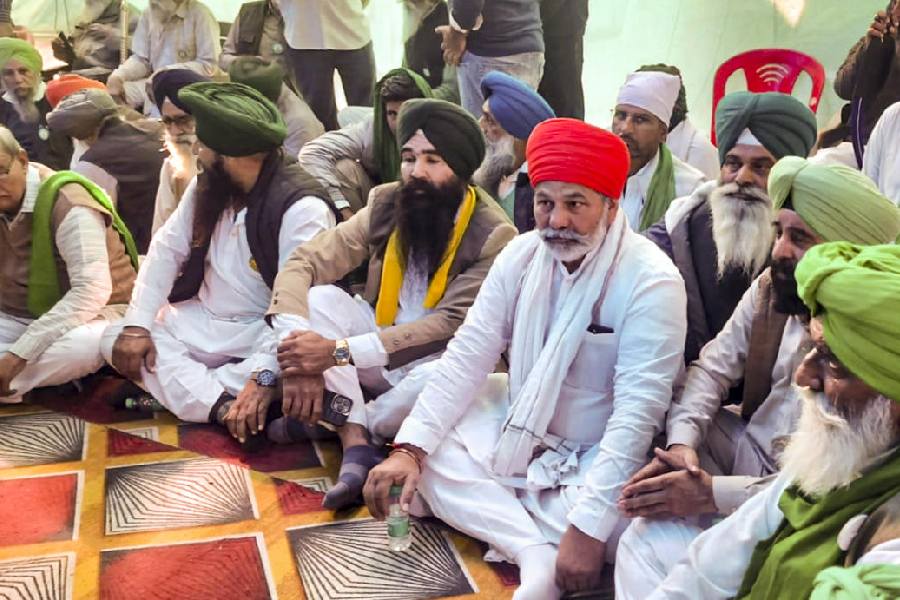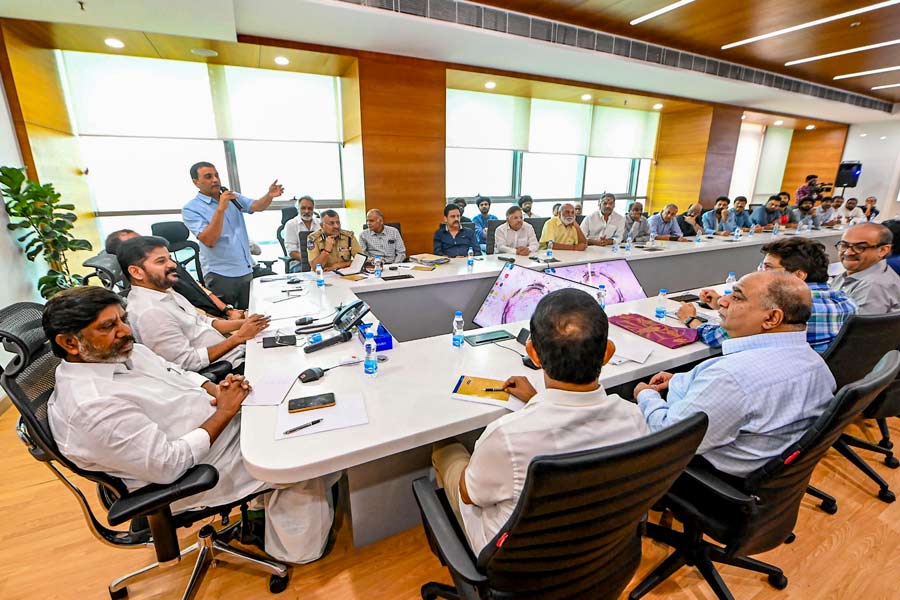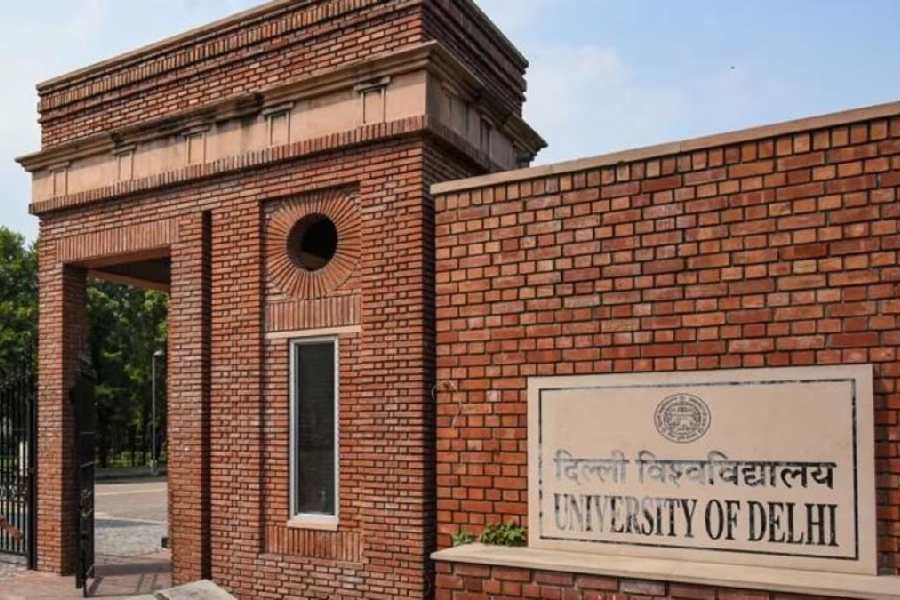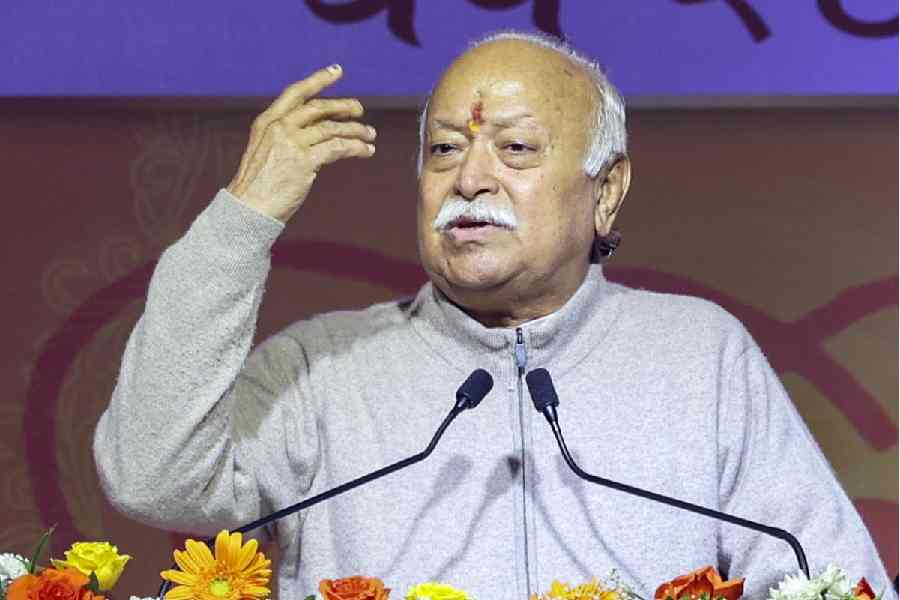A five-judge bench of the Supreme Court will hear from October 17 a batch of petitions challenging the constitutional validity of Section 6A of the Citizenship Act, 1955, pertaining to illegal migration to Assam from Bangladesh and whether the influx amounts to external aggression on India.
The bench headed by Chief Justice D.Y. Chandrachud on Wednesday asked lawyers appearing for the various parties to submit a soft copy of the common compilation of their pleadings by October 3 and a written submission by October 10.
The bench, which included Justices A.S. Bopanna, M.M. Sundresh, J.B. Pardiwala and Manoj Mishra, said the matter would be titled “Re Section 6A of the Citizenship Act, 1955”.
The batch of PILs has sought quashing of Section 6A of the Citizenship Act.
The petition, filed by the Assam Sanmilita Mahasangha and others, says the provision is discriminatory and unconstitutional as it permits the entry of foreigners to Assam till March 25, 1971, whereas for the rest of the country, the cut-off date as prescribed under Articles 5 and 6 of the Constitution is July 19, 1949.
A number of other individuals and organisations have also intervened in the matter justifying Section 6A of the Act.
The issue had been referred to a five-judge constitution bench in April 2017, but it did not come up for consideration till September last
year when the then CJI, U.U. Lalit, decided to revive all pending constitution bench matters.
The earlier bench had Justices Madan B. Lokur, R.K. Agrawal, P.C. Ghose, D.Y. Chandrachud and Ashok Bhushan. For various technical reasons and the Covid pandemic, the matter was not heard for five years.
Except Justice Chandrachud, all the other judges on the previous bench have retired.
Critics of Section 6A contend that the provision promotes and protects illegal immigrants and that it is discriminatory as it has been specifically enacted to offer a shield to illegal immigrants from Bangladesh who have trespassed into Assam.
The petitioners have pleaded that Section 6A be struck down as ultra-vires and the NRC in Assam be updated by taking 1951 as the base year.
They have also sought directions to the central and state governments to evolve a procedure for the deportation of illegal immigrants.
In December 2014, a bench of Justices Ranjan Gogoi and R.F. Nariman had referred the matter to the five-judge constitutional bench as it involved important issues relating to alleged demographic change in Assam.
According to the petitioners, the huge influx had triggered clashes between Indian citizens and the migrants, resulting in loss of life and property.

